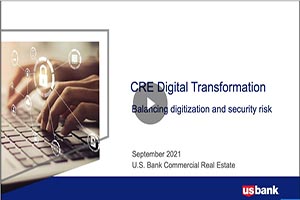When you support a U.S. home purchase, your employees may be able to accumulate a sizeable nest-egg over the course of their U.S. assignment. Housing appreciation can generate considerable equity to increase financial benefits without ongoing company cost.
This may be an attractive recruiting incentive. Candidates appreciate the chance to participate in the benefit of the U.S. housing market. By offering U.S. home purchase benefits, a company may attract more qualified candidates. And, because market appreciation funds most of the benefit, the return on investment (ROI) on reimbursed closing costs is high.
For example, at the start of a 5-year U.S. assignment, an employee buys a home for $500,000, and is reimbursed for closing costs of 3% ($15,000). If that home appreciates at 5% per year, the equity gain over the course of the assignment would be more than $130,000.
This emerging best practice has been slowed by perceived barriers that can be overcome or may not actually exist. These perceived barriers include:
- Some companies presume that foreign home purchase would be prohibited in the U.S., but it is not.
- Some expect that subsidizing home ownership will increase their costs, but considering outlays for housing differentials — temporary and corporate housing — the tax deductibility of mortgage interest and some property taxes can be advantageous.
- Company concerns about financial exposures from employee defaults are unfounded because the employee borrower bears full responsibility after the loan is closed.
Despite the perceived difficulty of establishing U.S. credit and securing a mortgage, it's important to find a lending organization with a streamlined mortgage process for international borrowers.
Corporate employers and RMCs can now take a fresh look at supporting international borrowers for U.S. home purchases. U.S. Bank representatives are available to help you build an international borrower policy that will:
Improve talent attraction and retention: By fostering U.S. homeownership, a company can gain key people who, by establishing their credit and becoming rooted in local residency, earn employee loyalty.
Bolster international compensation: By helping your employees purchase U.S. real estate, you start them on the path to generational wealth, at little company expense.
Enhance RMC/client partnerships: Clients and RMCs can take this approach to serve more customers and reap mutual financial rewards.
To learn more, contact your U.S. Bank relationship manager.
Read more about how homebuying and mobility trends impact employees and connect with corporate relocation experts and home lending specialists.

















































